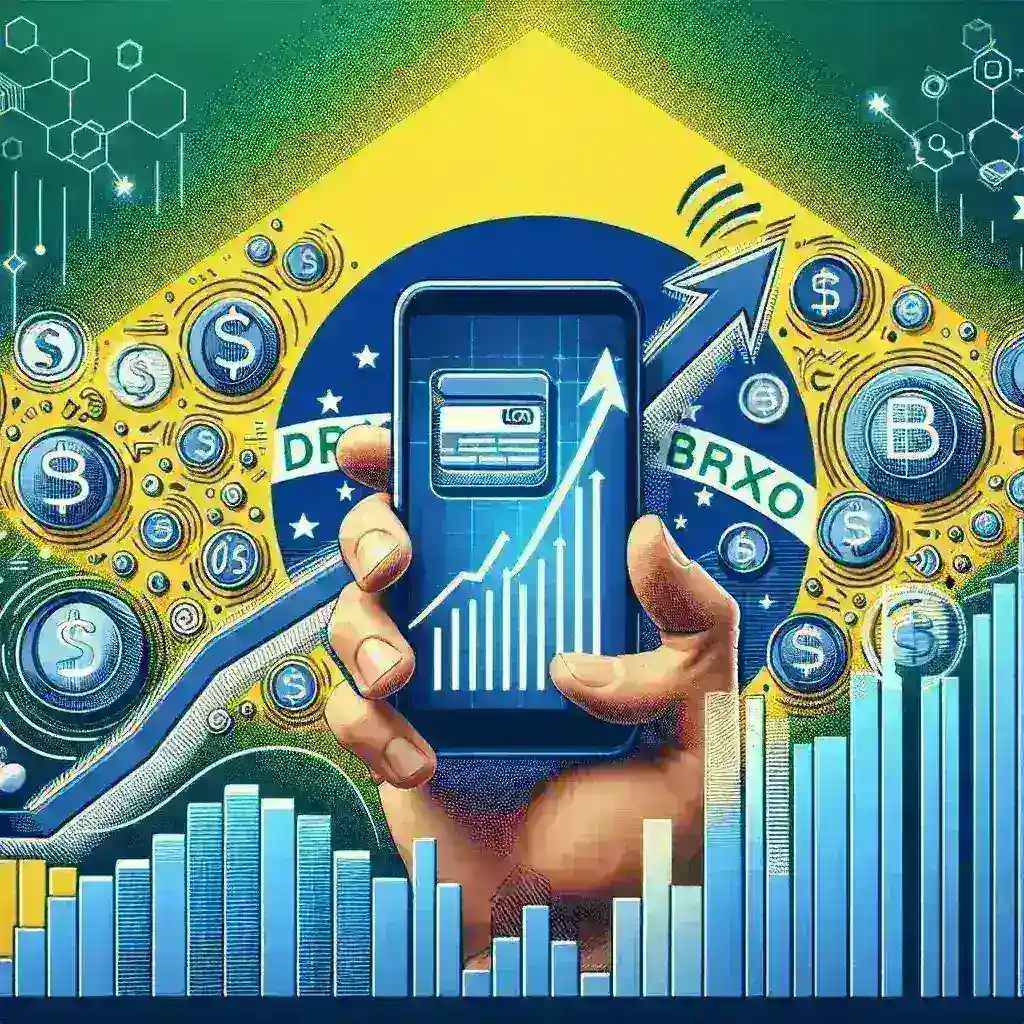Introduction
In recent years, Brazil has witnessed a significant transformation in its financial landscape, particularly regarding digital payments. A recent study has illuminated the rising trust among Brazilians in digital payment systems, reflecting broader global trends towards cashless transactions. This article delves into the findings of this study, examining the historical context, current statistics, and future implications of this shift.
Historical Context of Payments in Brazil
Historically, Brazil’s payment system has been characterized by a heavy reliance on cash transactions. The preference for physical currency was prevalent, driven by concerns over security and a lack of trust in digital alternatives. However, with the advent of technology and mobile devices, this paradigm has shifted dramatically.
The Rise of Digital Payments
The digital payment landscape in Brazil began evolving in the early 2010s. The introduction of smartphones and the internet facilitated the emergence of various digital payment solutions, such as mobile wallets and online banking services. By 2020, the landscape had changed significantly, with a considerable portion of the population embracing digital transactions.
Key Findings from the Study
Increased Trust in Digital Payments
The recent study revealed a notable increase in consumer confidence in digital payment methods. According to the findings:
- 75% of respondents expressed confidence in the security of digital payment platforms.
- 65% reported using digital wallets regularly.
- Concerns regarding fraud decreased by 30% from the previous year.
Factors Contributing to Increased Confidence
Several factors have contributed to this surge in trust:
- Enhanced Security Measures: Innovations in security technology, such as biometric authentication and encryption, have reassured users.
- Government Endorsements: Initiatives from the Brazilian government promoting digital transactions have played a crucial role.
- Increased Accessibility: The proliferation of smartphones and internet access has made digital payments more accessible to the masses.
Cultural Relevance of Digital Payments
Digital payments are not just a financial tool; they are becoming embedded in Brazilian culture. The convenience of cashless transactions aligns with the fast-paced lifestyle of urban Brazilians. Additionally, the COVID-19 pandemic accelerated this transformation, pushing many consumers to adopt digital payments for safety and convenience.
Real-Life Examples
Many Brazilians have shared their experiences of transitioning to digital payments. For instance, Maria, a small business owner in São Paulo, reported that implementing a digital payment system not only boosted sales but also attracted a younger clientele who favors cashless options. Such anecdotes highlight the practical benefits of digital transactions in everyday life.
Future Predictions
As we look to the future, the trend towards increased trust and usage of digital payments in Brazil shows no signs of slowing down. Experts predict that:
- The digital payment market in Brazil will continue to grow at a rate of 15% annually.
- Blockchain technology may further enhance security and transparency in transactions.
- Integration with other financial services, such as loans and investments, will become commonplace.
Conclusion
The recent study highlighting the increase in consumer confidence in digital payments marks a pivotal moment in Brazil’s financial evolution. As trust in these systems continues to grow, the landscape of commerce and daily transactions in Brazil is poised for further transformation. With enhanced security measures and cultural shifts towards cashless transactions, the future of digital payments in Brazil looks promising.
